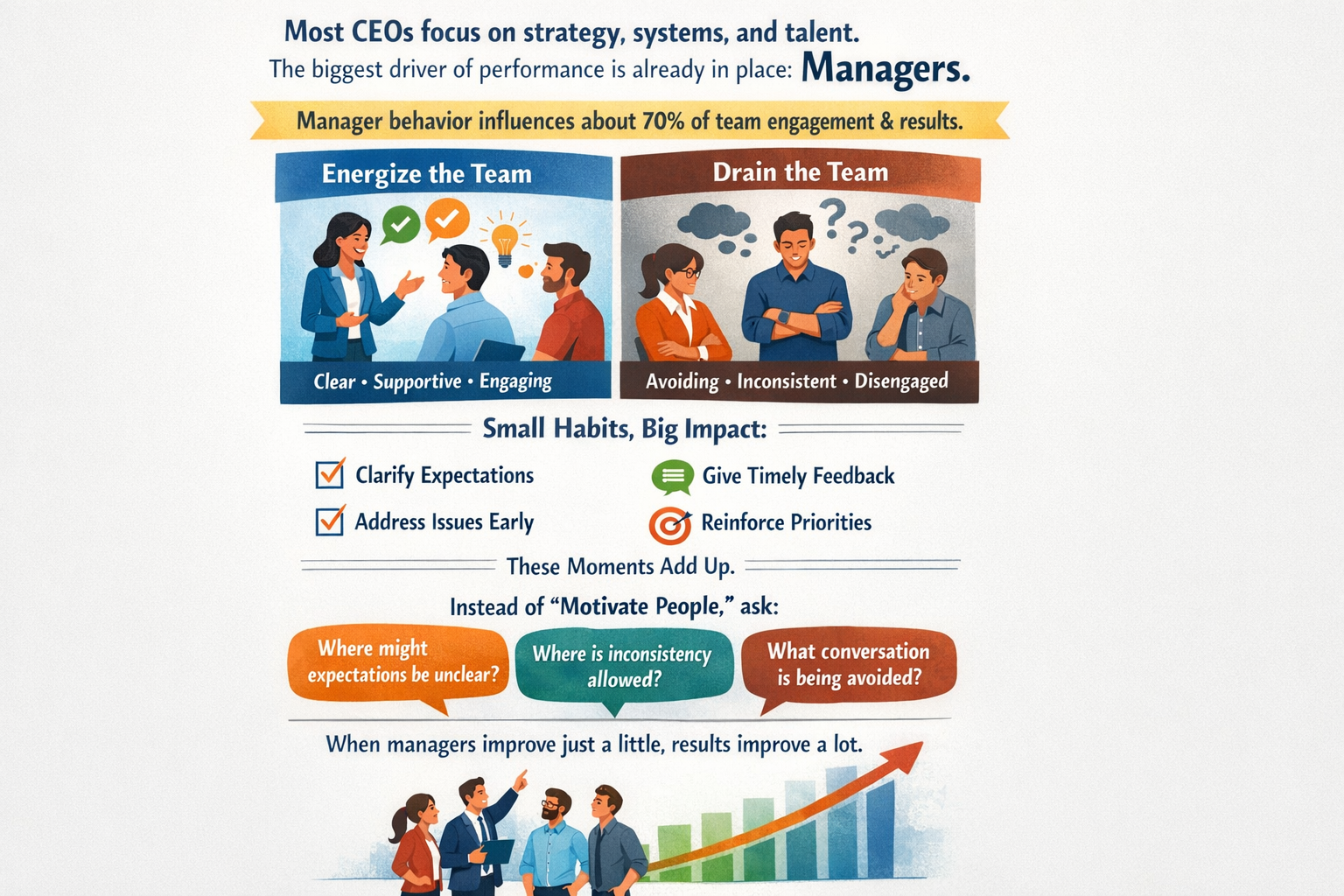Self-Reflection Questions for Personal Growth
Written by John Maxwell

Asking personal leadership questions is one of the most powerful and effective things you can do to improve your life and your leadership.
Great self-accountability questions often stem from a difficult situation in our lives. As people, our natural tendency when dealing with a challenge of some kind is to become frustrated. That moment of frustration presents us with a tremendous opportunity to ask self-leadership questions that help us leverage challenging situations.
John Maxwell calls these “crucible moments,” and they can be powerful teachers. We can up-level our leadership and make better choices in the moment by practicing self-reflective questions before responding.
Here are 3 simple guidelines for creating your own personal leadership questions (PLQs):
1. Begin with “what” or “how” – avoid “why” “when” or “who.”
The word “why” in problem-solving or selling can be helpful. But when it comes to personal reflection, the “why” word can leave you powerless and feed victim thinking. Asking yourself “what” or “how” will stimulate more productivity.
Example: “What did I love? What did I learn?”
2. Contain an “I” – avoid “they,” “them” or “we.”
“I” questions enable you to be assertive and help you take responsibility for your own actions. Using “we” instead of “I” gives you an opportunity to pass the blame if something goes wrong. “I” questions also help you become aware of problematic or redundant behavior. You will take responsibility for your own thoughts when you use “I” questions.
Example: “How is my heart? Do I love what I am doing?”
3. Focus on action – avoid inaction.
Effective leaders make an intentional effort to prompt action in themselves through personal leadership questions. They gain insight through reflection and hold themselves accountable to turn insight into action. A question is only as productive as what it drives you to do. It’s important that we are honest with ourselves and then focus on how to grow.
Example: “How can I better live out my values in my day-to-day life?”
Nobody understands you better than you. But you have to be honest with yourself in order to grow.


